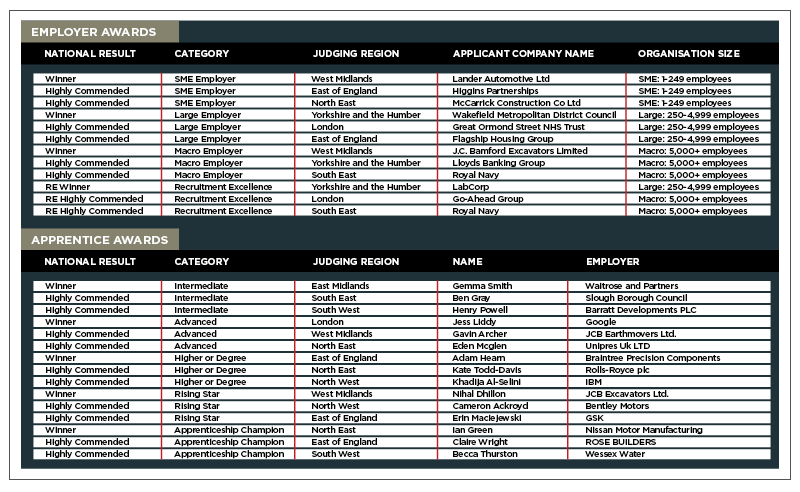The new shadow education secretary has requested an “urgent briefing” from her opposite number Nadhim Zahawi about how government will respond to the Omicron variant’s impact on education.
Bridget Phillipson was appointed on Monday to replace Kate Green in a reshuffle by Sir Keir Starmer of his frontbench team.
In her first interview, she told FE Week’s sister publication Schools Week she would be pushing the government “to make sure they respond effectively following the emergence of the new variant, and to see whether they’ve really learned anything over these last couple of years”.
The latest government figures show there are now 29 known cases of the variant in England.
Phillipson said the country needed to avoid “any further disruption to children’s and young people’s education as far as possible”. She said ministers must avoid “last-minute decisions which cause further and unnecessary alarm and anxiety for everybody”, like the confusion over school and college closures last winter.
“Of course the government must be guided by the evidence they receive from public health experts, and to that end I’ve requested an urgent briefing with the secretary of state to understand what the current position is to make sure that all measures that are necessary are being put in place.”
Zahawi struck a conciliatory tone this week as he thanked Green for working “across the political divide”, and welcomed Phillipson to her post.
Phillipson said she would “always work constructively with the secretary of state to get the best possible outcomes”.
But she said she would “also push the government really hard on their complete failure to bring forward a decent plan for education recovery”.
The new shadow education secretary also spoke of her “passion” for her brief and her desire to create an “ambitious, forward-looking and positive vision” for Labour as it heads into the next general election.
She said her own “great” state education “transformed” her life, and she was “determined” to give all children and young people the same opportunity.
Born in Gateshead, Phillipson attended John F Kennedy primary school and St Robert of Newminster Catholic School in Washington, before reading modern history at Oxford.
She described the “fantastic support” she received from staff. “I’m still in touch with many of them and I’ll always be tremendously grateful for the impact they had.”
Phillipson was just 26 when she became the MP for Houghton and Sunderland South in 2010. She served as an opposition whip and on the public accounts committee. More recently she was shadow chief secretary to the Treasury, before moving to the education role this week.
Beyond Covid, Phillipson said she was concerned about inequality in the education system.
She is also focused “skills throughout life and apprenticeships”, which is a “big priority” for Labour. She is “delighted” that Toby Perkins is continuing to lead in this area as shadow FE and skills minister.
“Part of the reason that we’ve seen such weak growth in recent years and poor productivity is because we aren’t doing enough to tackle those major skills issues that we face, not just for children and young people leaving education but right throughout life,” Phillipson said.
“I’m determined to make sure that people have the opportunity to learn and gain new skills and retrain throughout their working lives and to make that as easy as possible for people to achieve.
“I’ve seen in Sunderland and across the north east the enormous transformative power of our further education colleges and skills providers and how people’s lives can be changed with the chance to gain new skills and opportunities.”
Phillipson isn’t giving much else away about her party’s policy development process, but says she’s “excited about the prospect of getting out around the country.
“I’m looking forward to working with parents, families and right across the sector in making that an ambitious, forward-looking and really positive vision for the future of education for Labour at the next election.”



